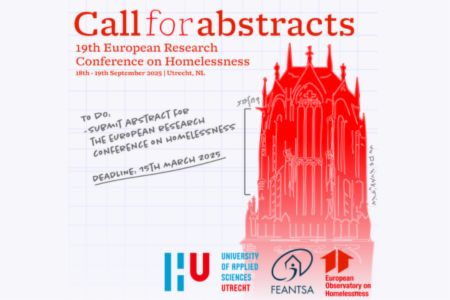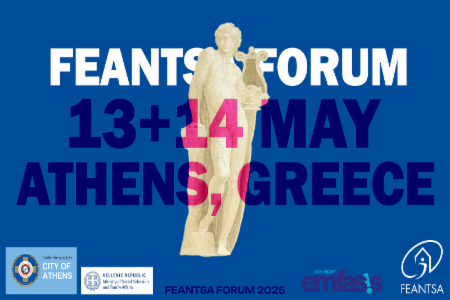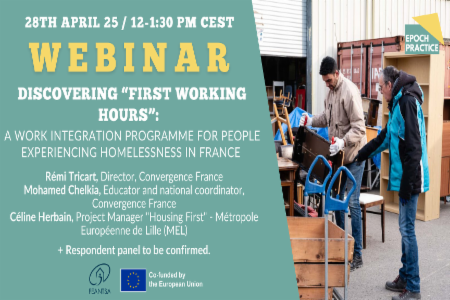Factors Contributing to Vulnerability Among Destitute Mobile EU Citizens in Brussels
In many European cities, mobile EU citizens make up a significant proportion of the homeless population and, where access to homeless services is limited to those who have the right to reside, their presence among the rough sleeping population is very high. Individuals who, in exercising the right to free movement, become destitute in another EU Member State are often unaware of their rights and struggle to find adequate support. They therefore risk exposure to ever-worsening living conditions.
One of the main problems that FEANTSA has observed in recent years is the lack of comprehensive and comparable data on destitute mobile EU citizens. Whereas quantitative data are available in a few local contexts, what is often missing is qualitative information regarding, among other things, living conditions, access to housing and homelessness services, health issues and healthcare provision. More specific data about the target group would help form a better understanding of what the biggest challenges are and inform policy more efficiently with more specific information.
As part of the first phase of the PRODEC (Protecting the Rights of Destitute mobile EU Citizens) project, the project partners decided to carry out a pilot data collection exercise in Brussels, building on the work of Diogènes, an outreach service. Diogènes collects information in a database, which is continually updated. In addition to the variables Diogènes already collected information on – demographic information, type of income, alcohol and drug misuse, mental health needs and housing situation – it was agreed to collect data about immigration status, reasons for migration, household type, use of emergency services and possession of health insurance.
The data collected in this report cover 2018, which is the first year there were more people from other EU Member States using Diogènes’ services than there were Belgian nationals. During the second phase of the PRODEC project, the partners plan to produce a second Brussels report using 2019 data and to carry out the same type of activity in three other European cities. This should enable comparison of data at European level.
The report is available in English, French and Dutch. Dowload it from our downloads section (right).





